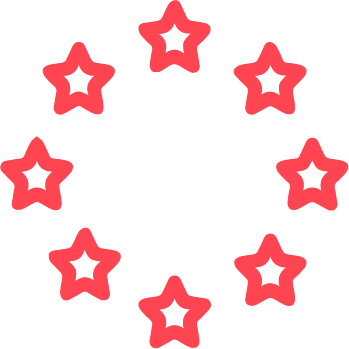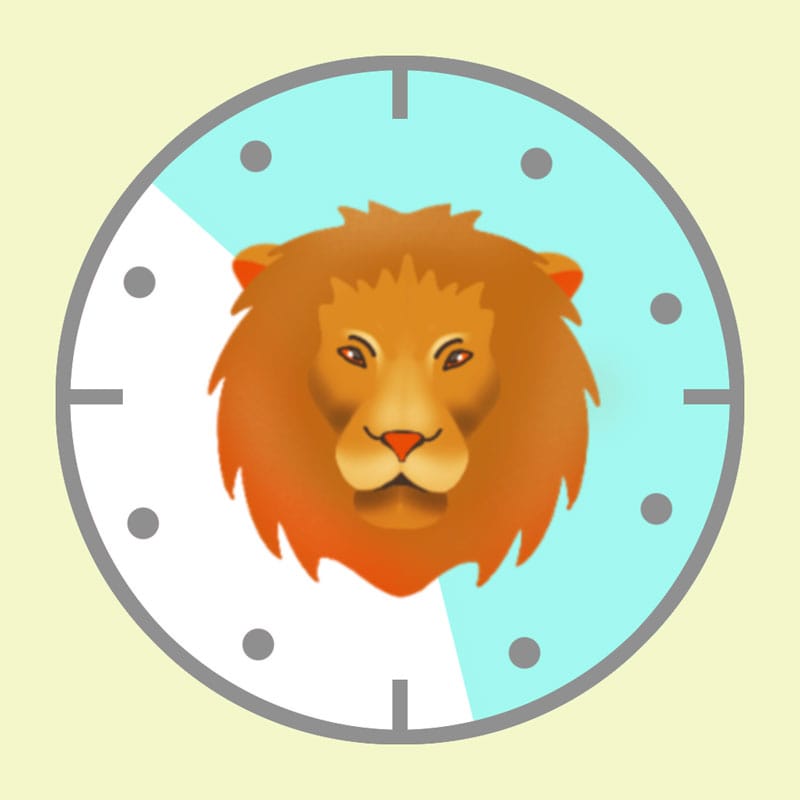why shop manta sleep
Are You a Bear? A Wolf? A Lion? Or a Dolphin? (Find Out!)
For years, sleep cycles were divided into two categories. People who enjoy mornings were known as “early birds.” And those of us who prefer staying up late were labeled “night owls.”
Well, step-aside birds. Mammals are the new name of the game.
That’s right, scientists now believe there are four ways to classify sleep/wake cycles. In the science world, these classifications are known as chronotypes.
Chronotypes describe the periods when your body wants to sleep and when it wants to be awake. And to make it easier, the chronotype categories are named after animals.
Yes, our natural sleep tendencies are now categorized as bear, wolf, lion, and dolphin.
It is crucial to understand your animal chronotype. Once you do, you can start to schedule your life around your body's natural cycles.
Science suggests that this may help you sleep better and feel more productive at work. (1)
Ready to learn more about your chronotype?
One Size Does NOT Fit All
People have different circadian rhythms. That’s just a fact of life.
Science shows that:
“The human circadian system actively synchronizes to the 24-h day via environmental signals of light and darkness.” (1)
But guess what? This is not a one-size-fits-all system.
Chronotype is a term that describes a person’s natural rhythm. And it doesn't only relate to sleep. Chronotypes influence all primal instincts (yes, that one too).
Author Michael Breus, PhD recently suggested that there are 4 natural chronotypes. And he named these after 4 animals that follow similar sleep/wake patterns.
So say goodbye to night owls and early birds. Wolves, lions, bears, and dolphins are the new circadian rhythm mascots.
The takeaway: chronotypes are genetically based and influence our sleep-wake cycles. And once you understand your chronotype, you will know your best sleep and wake up times. Also, you will know when to schedule meetings to maximize your productivity.
Chronotypes 101
Check out the chronotypes below and let us know in the comment section which one sounds like you!
Wolves
Alright night owls, this is your group.
Just like these nocturnal creatures, you are most alert at night. Wolves tend to stay up later and struggle with waking up early.
Only about 15% of the population falls into this group. Wolves are more productive in the later afternoon and evening.
Sleep experts recommend that wolves set their alarm for 7 a.m. (snooze for 30 minutes) and go to sleep by midnight. (2)
Lions
Lions are the new early birds.
And like these wild cats, you are most alert in the morning. You have no trouble waking up and getting to work. But, lions tend to feel the afternoon slump. And by the evening, they feel drained.
About 15% of the population identifies as a lion.
Sleep experts recommend that lions wake up around 5:30 a.m. and go to sleep by 10:30 p.m. (2)
Bears
No, you don’t need to hibernate.
But, like these diurnal (awake during the day, asleep at night) creatures, you follow the solar cycle. Bears generally feel awake during the day and need 8-hours of solid sleep at night.
About 50% of the population falls into this category. This group is productive in the morning and struggles with the mid-afternoon slump.
Sleep experts recommend that bears wake up around 7 a.m. and go to sleep by 11 p.m. (2)
Dolphins
Dolphins “only sleep with half of their brain at a time?” (3)
Sound familiar? Well, this is the insomniac (often self-diagnosed) group. You might be anxious and have trouble turning your brain off at night. Dolphins usually don’t get a complete night’s sleep.
About 10% of the population falls in this category. And even though they wake-up tired, dolphins are most productive by the mid-morning.
Sleep experts recommend that dolphins get up around 6 a.m. and try to sleep around midnight. (2)
Follow Your Natural Sleep Schedule
So follow your animal instincts. Stop feeling pressure to go to sleep with the rest of the world.
Once you follow your best sleep/wake schedule:
- You can get a better night’s sleep because you only go to bed when you feel tired
- You can schedule meetings according to your peak productivity times
- You will get more out of your day
So lions, don’t try to stay up until midnight. And wolves, there’s no point in trying to sleep at 10 p.m.
Sleep Like an Animal
Who doesn’t want a better night’s sleep and a more productive day?
Start scheduling your days based on your chronotypes!
Once you know more about your chronotype, you can form sleep patterns that work with (not against!) your body’s natural rhythms.
So what are you waiting for? Embrace your inner animal and start following your optimal sleep schedule.
Sources:
(1) Fischer, Dorothee et al. "Chronotypes in the US – Influence of age and sex." PubMed, 21 Jun. 2017, www.ncbi.nlm.nih.gov/pmc/articles/PMC5479630/
(2) Bellis, Rich. "How To Design Your Ideal Workday Based On Your Sleep Habits." Fast Company, 26 Nov. 2017, www.fastcompany.com/40491564/how-to-design-your-ideal-workday-based-on-your-sleep-habits
(3) Levi, Anthea. "This Is the Best Time of Day to Do Everything, According to Your Chronotype." Health.com, 31 Oct. 2016, www.health.com/mind-body/how-to-get-more-energy-chronotype














![Manta Sleep Earplugs [10 Pairs]](https://cdn05.zipify.com/sQQA6xKYQn2FecyvgbWD1D8WnoA=/fit-in/1030x0/d40324cb6efd43759b43e4dbb4c2c84f/earplugs.jpg)

